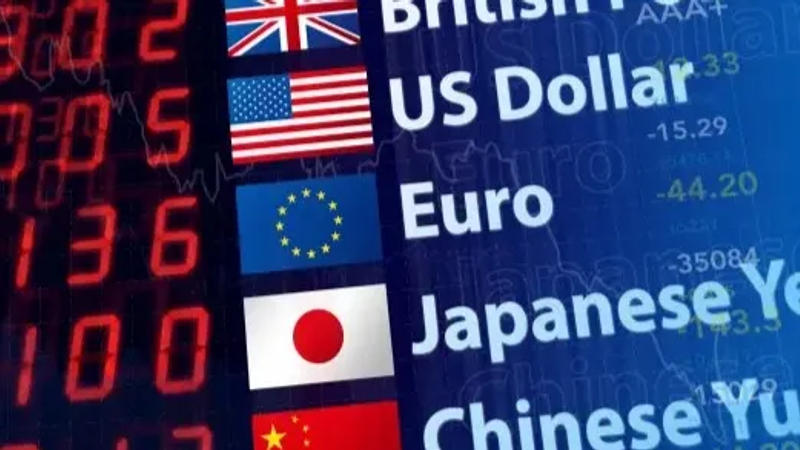Published 11:21 IST, April 19th 2024
Forex news: Risk aversion sweeps markets on Middle East tensions, Yen and Franc surge
Risk-sensitive currencies like the Australian and New Zealand Dollars plummeted to five-month lows.

Forex news | Image:
Unsplash
- Listen to this article
- 2 min read
Advertisement
11:21 IST, April 19th 2024




